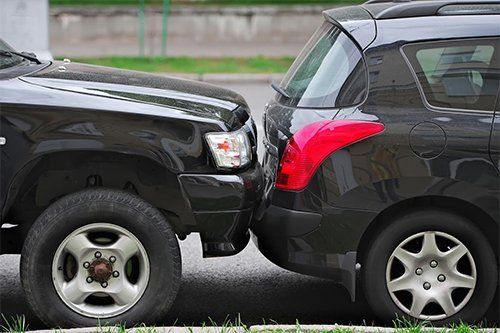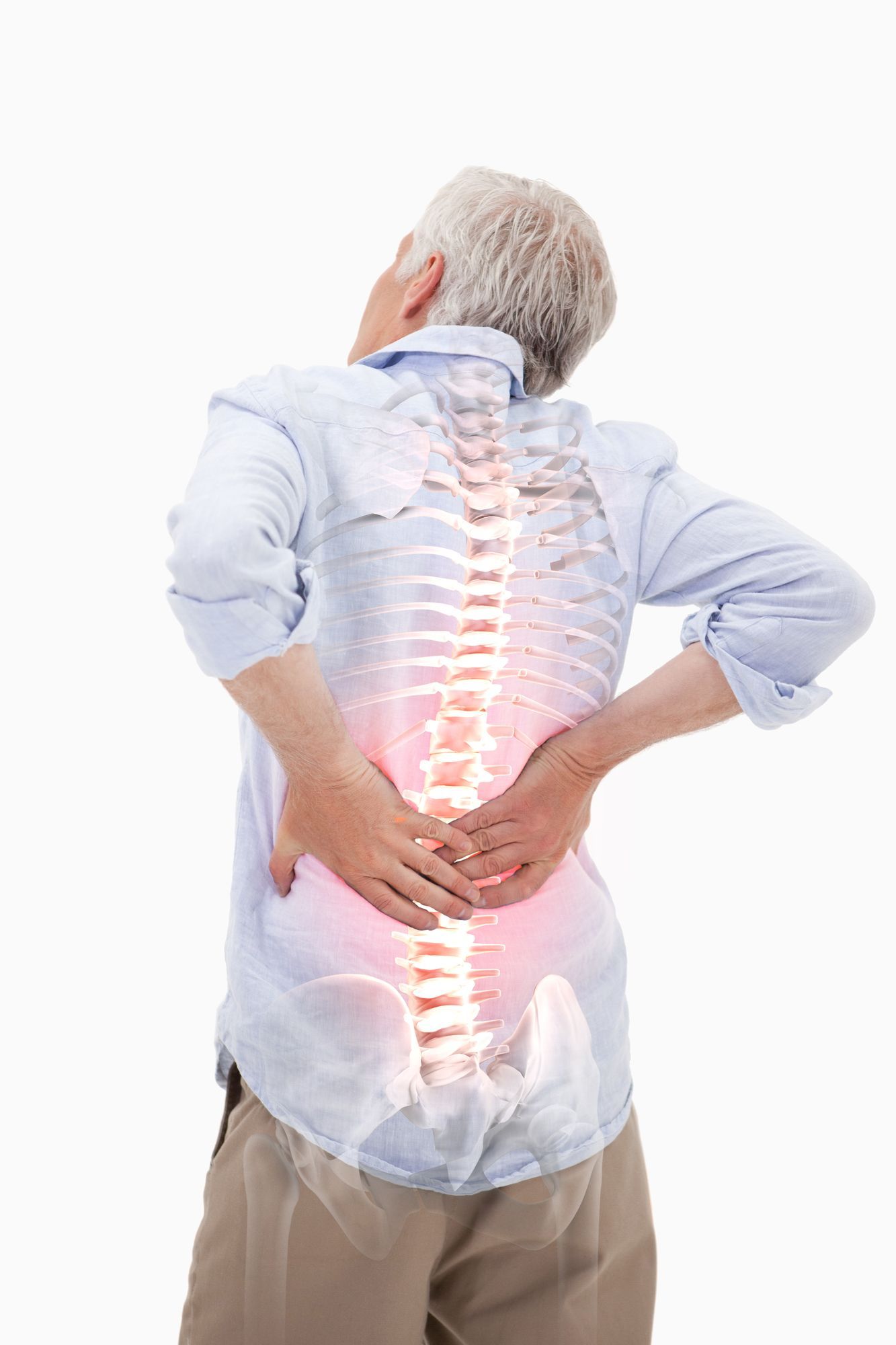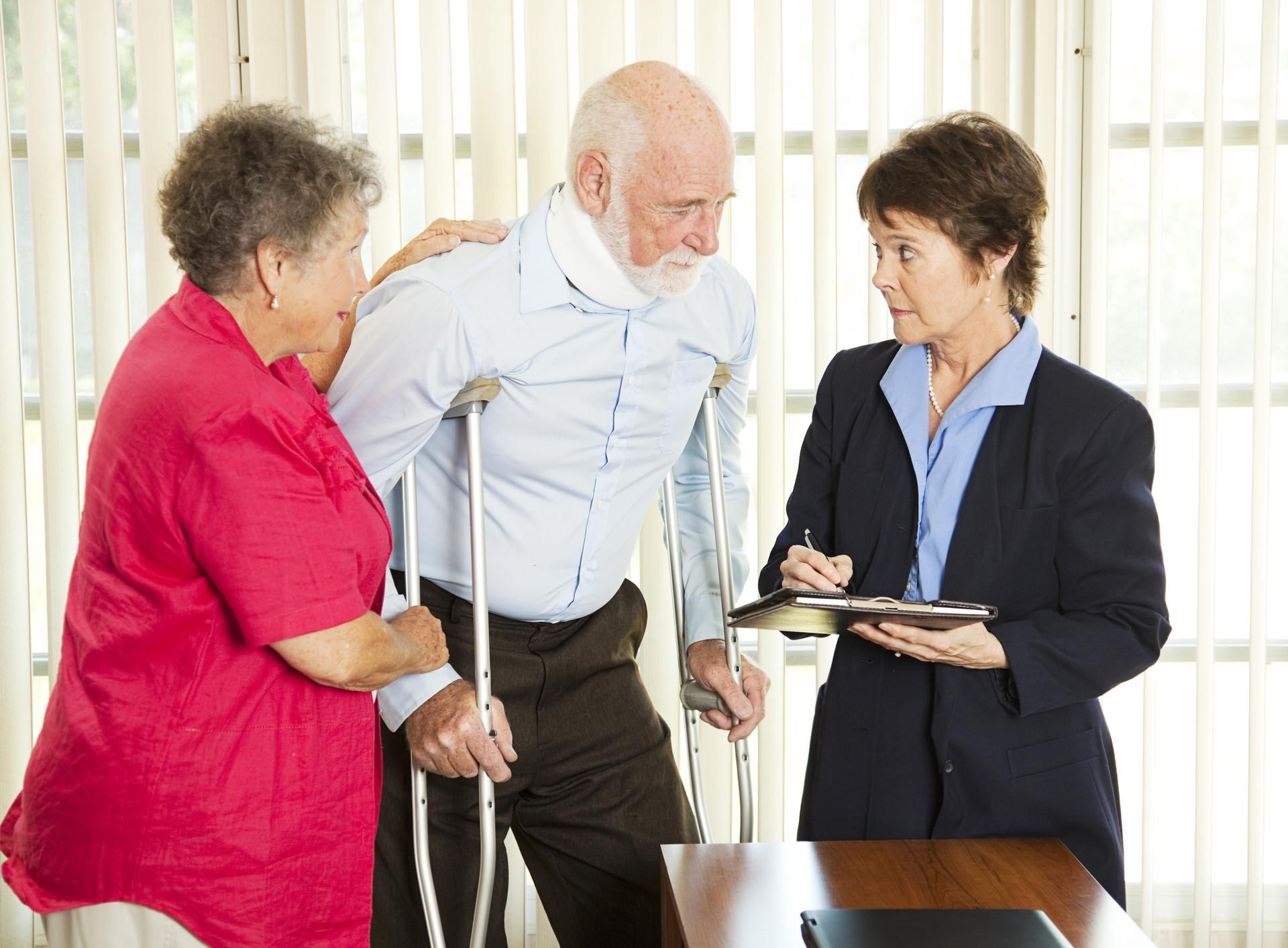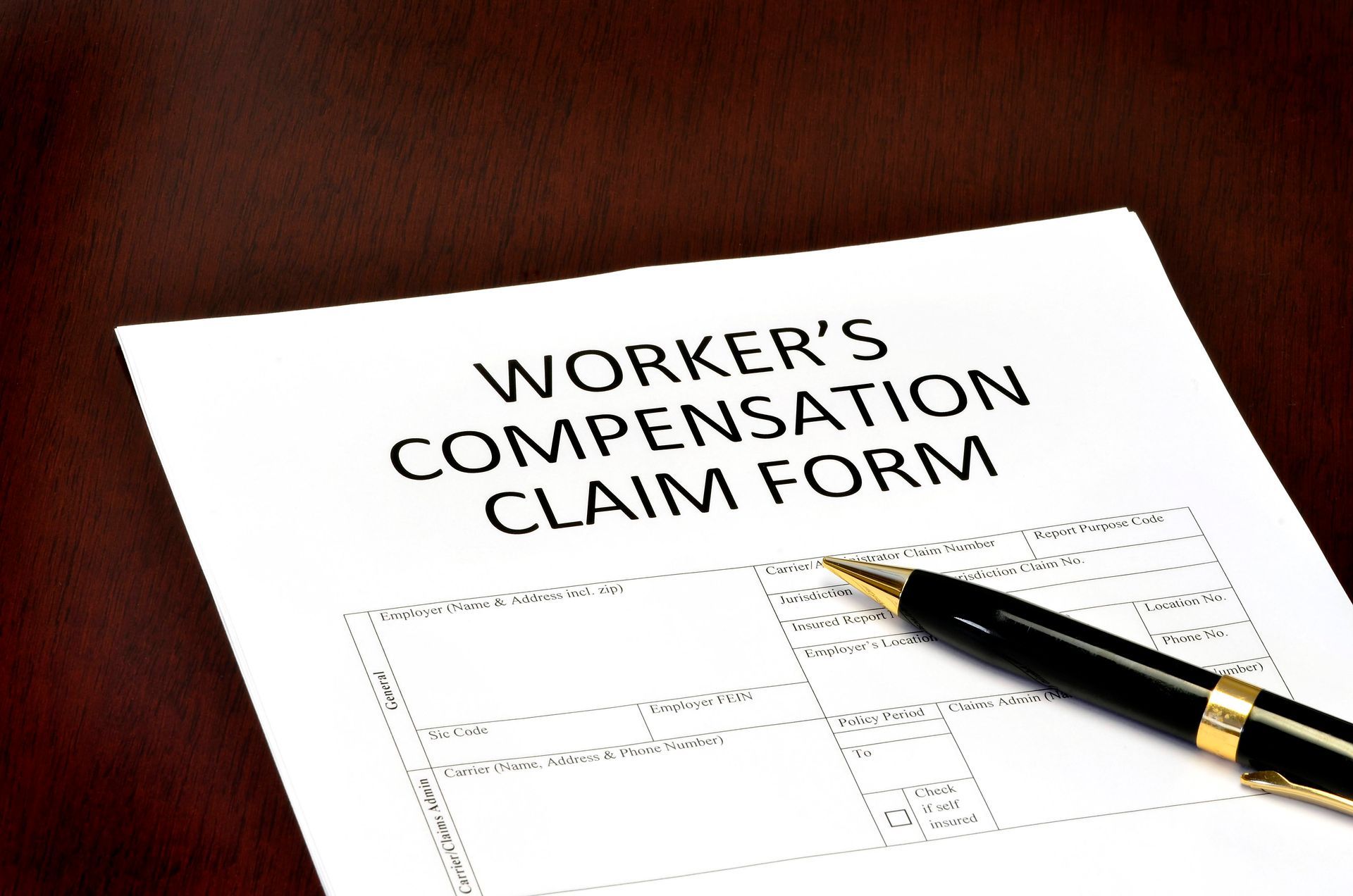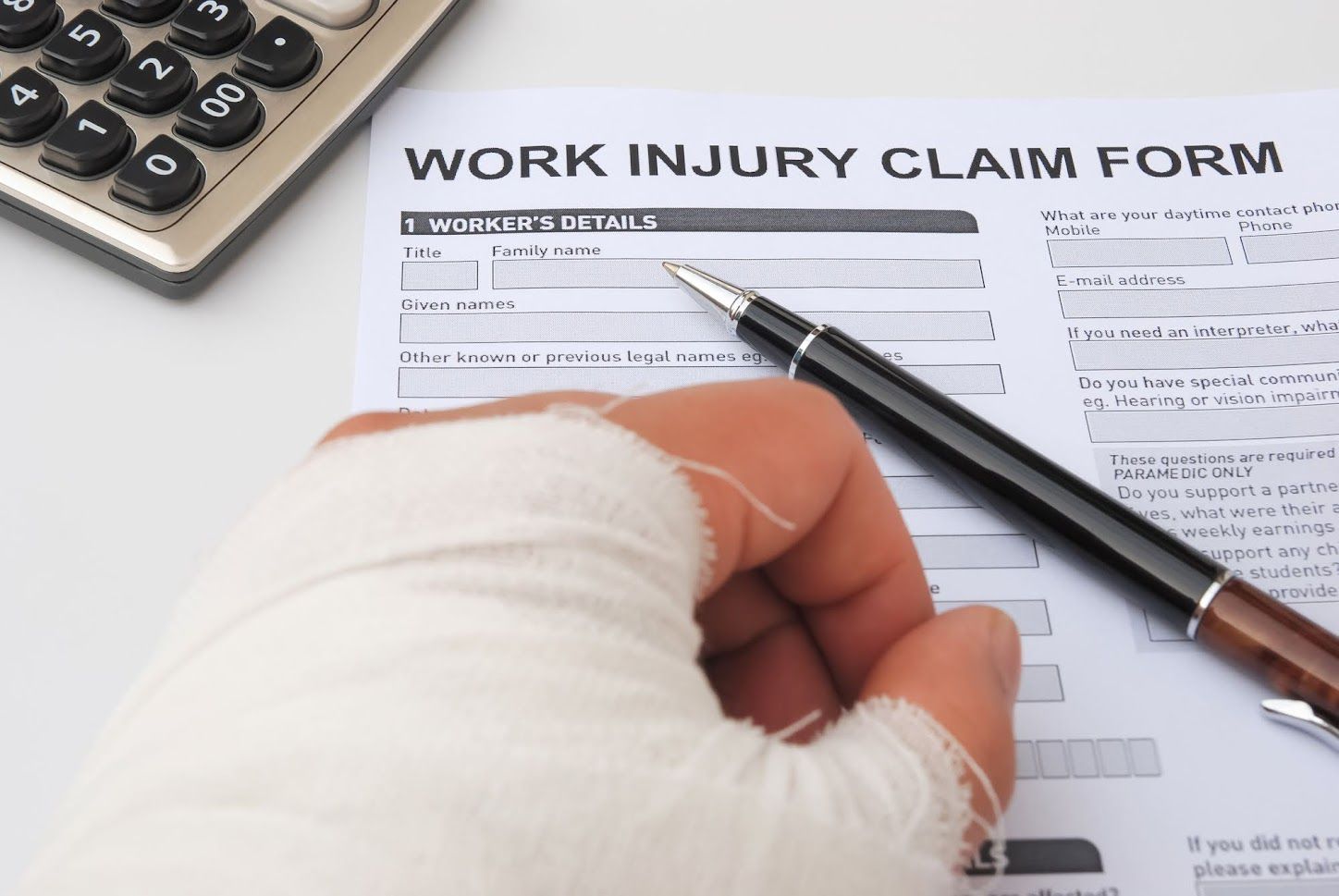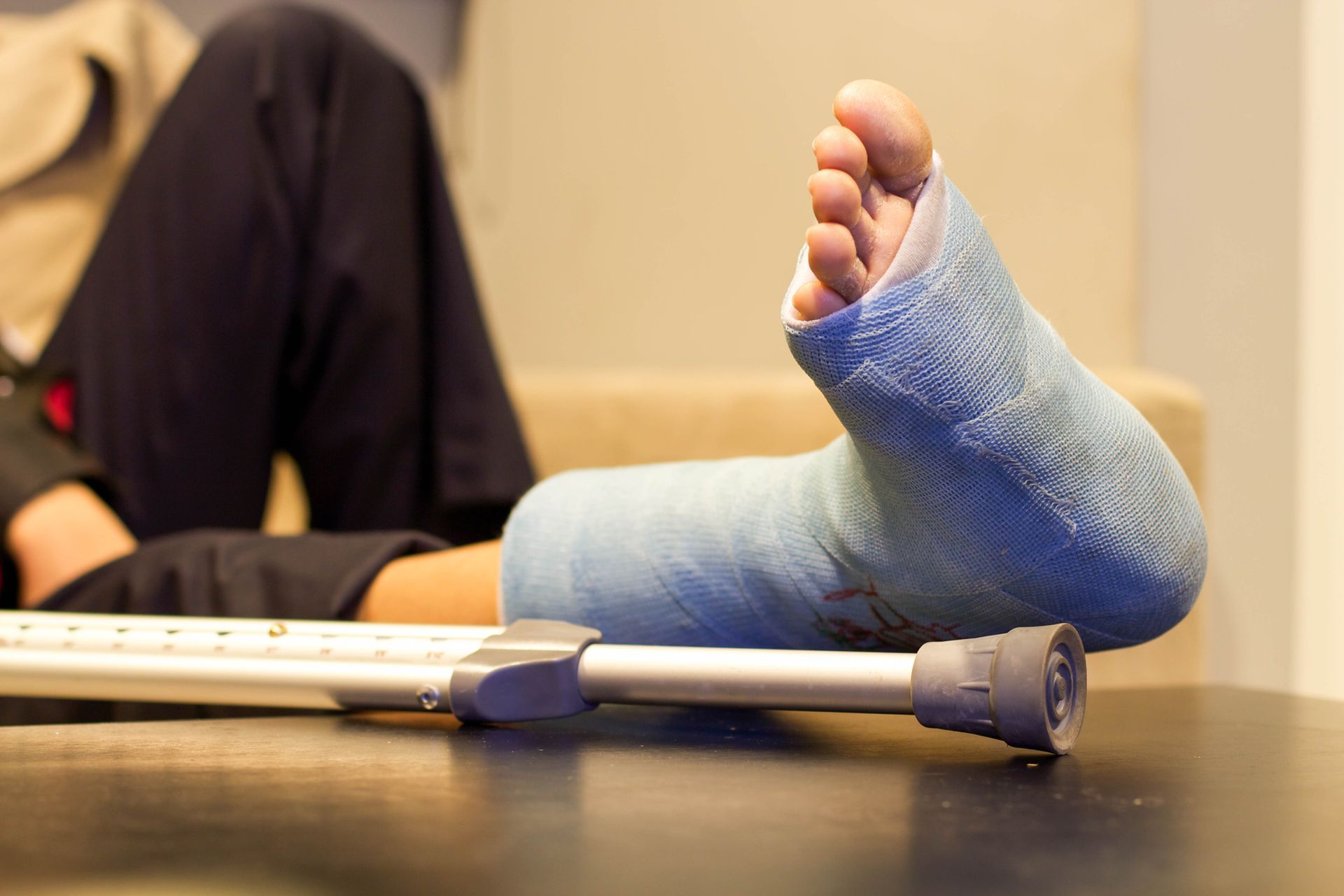Address: 1201 East Street Parkville, Missouri 64152
Toll Free:
Call Us Now:
HOW TO AVOID BEING REAR-ENDED
Vehicle safety devices lessened the number of fatalities from car crashes during 2017, but the overall number of accidents and resulting injuries continue to rise across the country. This reality gives reason to reflect on additional measures you can take to lessen the likelihood of a car crash.
According to the U.S. Department of Transportation, 33% of car accidents in 2015 were rear-end crashes. Often the nature of being struck from behind leaves little room for avoidance, but you can still practice better driving habits to lessen the likelihood you will be hit. Take a look at these ways you can avoid being rear-ended in traffic.
Practice Better Brake Techniques
One of the hallmarks of experienced drivers is good brake skills. When you were a new driver, you probably hit the brakes with less finesse, which resulted in choppy or sudden stops. Over time, you learned to execute a smoother stop. However, you may still have room for improvement when it comes to how your braking affects the driver behind you.
Anticipate Your Stopping Distance
As you approach a stop sign or traffic light, look farther down the road ahead of you so you can begin the deceleration with enough time to implement a smooth stop.
When you fail to anticipate your stopping distance and must resort to slamming on your brakes, the driver behind you is suddenly part of the chain reaction you create. When other drivers are unable to react in time, the result is usually a rear-end accident. Instead, an anticipated stop is gentler and slower, which allows the driver behind you to do the same.
Leave Yourself an Out
Remember when your driver training instructed you to leave yourself an out, or a way to safely escape traffic, while you're on the road? The same principle applies to when you prepare for a stop as well as maneuvering a crowded freeway.
Anytime your car slows to a stop in traffic, mentally prepare an escape route if the vehicle behind you fails to notice your speed change or stop. When you can quickly change lanes or enter the shoulder safely, you might avoid being rear-ended by another car.
Don't Crowd Cars
As you slow down and prepare to leave yourself an out, don’t crowd the car in front of you. When you stop right behind someone's rear bumper, you leave little or no room for escape if the need arises. Instead, leave a car length of space between your bumper and the car in front of you.
The same concept applies to when traffic is flowing. Resist the urge to follow too closely the car in front. Your braking time lessens the closer you are to another vehicle. Try to leave at least 3 seconds of space between you and the car in front of you, which gives you more room to stop suddenly if the need arises.
Check Your Brake Lights
You may be surprised to learn the cause of your rear-end accident was because the other driver could not see your brake lights. Drivers behind you are unable to know you are preparing to stop if a brake lightbulb needs to be replaced. A burned-out brake light is especially dangerous at night when you rely on those distinct red lights to alert others.
You may still experience a rear-end accident despite improving your braking skills and checking your brake lights. The experts at Spooner & Perkins, P.C., want you to receive the right compensation for your injuries from this type of collision. Contact us for help after your car accident if you suffer from back pain, neck pain, or other signs of whiplash.
CONTACT INFORMATION
Email:
Phone:
Toll Free:

